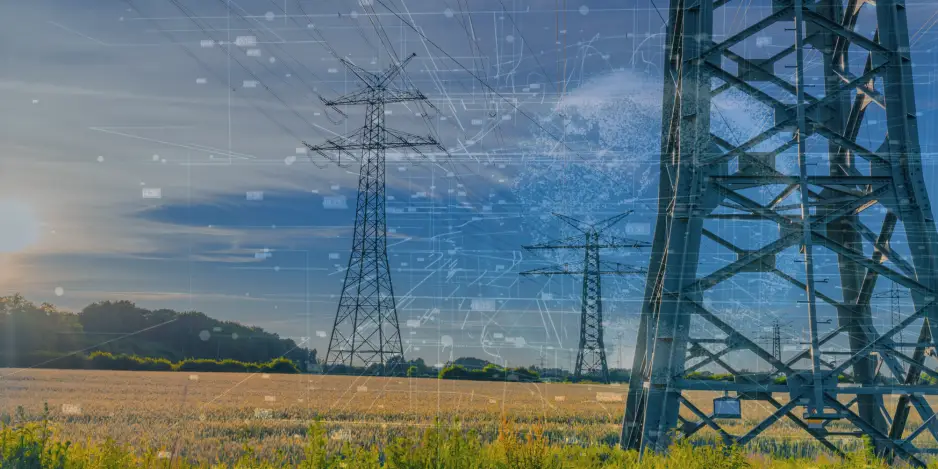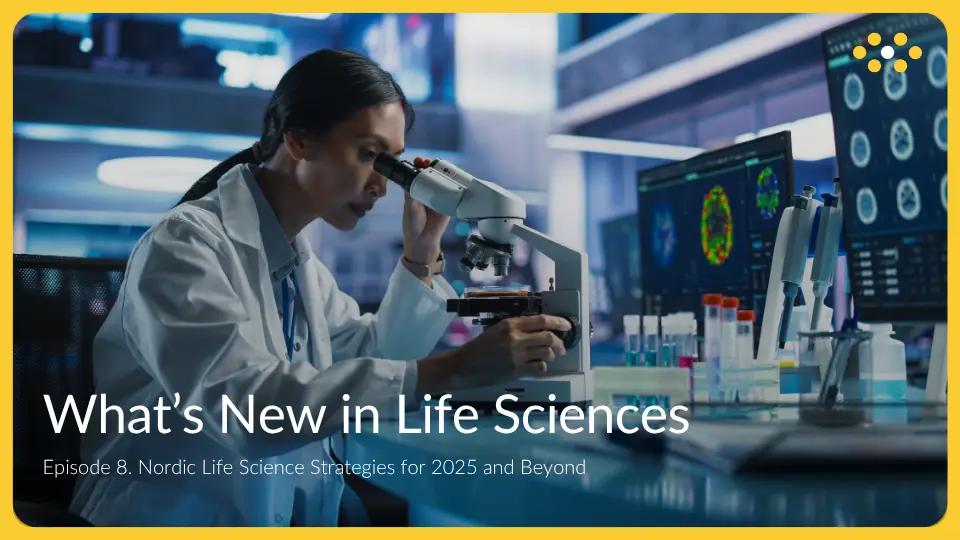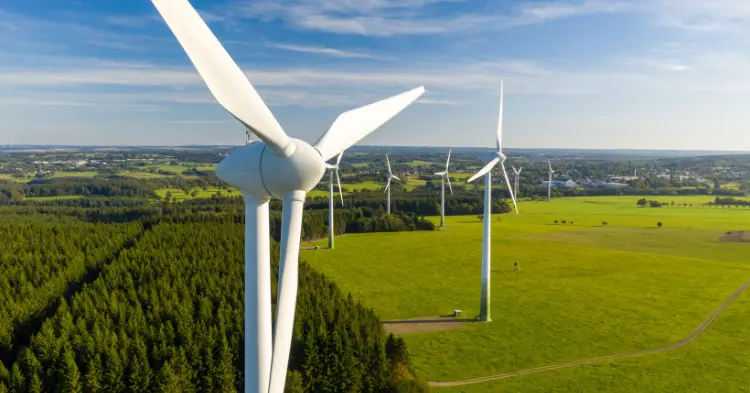The rate of technological advancements has grown exponentially in the last decades. They happen more frequently and have more impact on any industry than ever before. Some have claimed that the Fourth Industrial Revolution (Industry 4.0) is close; a trend towards automation and data exchange in manufacturing technologies and processes which include cyber-physical systems (CPS), IoT, industrial internet of things, cloud computing, cognitive computing, and artificial intelligence.
The engineering sector is among those that will be impacted most by these developments. As a business it’s important to keep up to date with the new developments and recognize new opportunities. One of the most prominent developing technologies that is expected to play a large part in Industry 4.0 is Machine Learning (ML). This advanced technology creates opportunities in automation, data, and more. But how does machine learning work and how can it benefit your business? In this article, I answer these questions and show how Amoria Bond can help you face the challenges of today. Especially in the field of advanced engineering, the increased utilization of machine deep learning has led to a demand for machine learning experts, experts that are in high demand and in short supply.
What is machine learning?
Machine learning is the name for the technology that is used to “train” machines, or more specifically, to build adaptable software that is created by utilizing large amounts of data. It is often seen as a part of artificial intelligence (AI), and ML systems are sometimes called AI, but it’s more accurate to describe it as a subset of AI.
What makes machine learning unique is that it operates on a large amount of information and data, learning from that data without being programmed explicitly. By feeding certain data to an algorithm, the algorithm “learns” from that data. In short, machine learning is the use of algorithms and statistical models to effectively perform a specific task without using explicit instructions.
The end result is a system that takes a big part of human action out of the decision-making process. The system learns, adapts, and improves. This creates unique opportunities for automation and digitization of processes that become faster and more efficient, autonomously tackling overwhelmingly large tasks, and removing burdensome tasks of monotonous work. But, it’s challenging. The systems consist of thousands of algorithms that require diverse skill sets to create.
We simply cannot talk about machine learning without speaking about big data, one of the most important aspects of machine learning algorithms. Any machine learning system requires a huge amount of data. Some systems require labelled data, data that has been annotated by a human workforce. One way to go about getting labelled data, is using platforms like Amazon’s Mechanical Turk, where data labelling tasks can be posted and a workforce will label that data from home in exchange for a small fee. Other companies use different methods. Other ML systems are created with unlabelled data, but these systems are complex and have to be built impeccably to avoid the system connecting the wrong dots.

Machine learning advancements in the engineering sector.
Machine learning has started to play an important role in engineering. It allows engineers to create easier and faster workflows and it extends deeply into data management, mitigating the challenges of big data and simplifying big data management and monitoring.
Automobile manufacturers have been using robots on the production line for many years. At first, they completed simple engineering tasks, but now they can handle precision moves for the most intricate parts of the process. ML systems make these smart production lines and complex manufacturing tasks more efficient while requiring less human intervention.
Many design and simulation tasks can also be made easier with ML as they make it possible to explore design and weight-saving options that weren't ever possible before. With the help of innovative designs, engineers can survey options like never before.
Finally, ML systems can be used to break down barriers between departments and help to effectively manage data and gain insights from it. They can provide automation for low-value tasks and discover patterns in data, freeing up engineers to perform higher-value tasks.
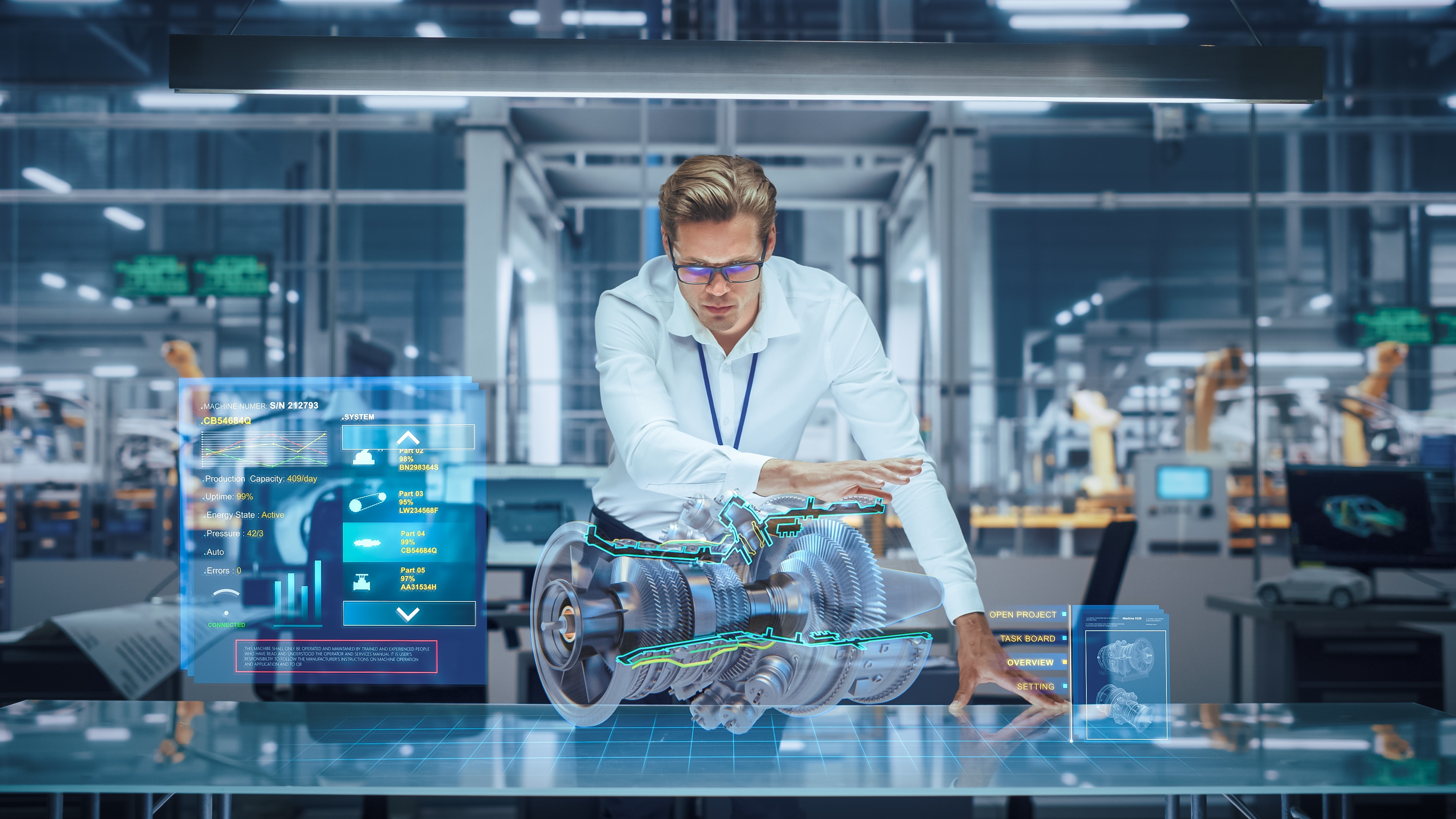
Machine learning and supply chains
One field that benefits tremendously from machine learning is the supply chain sector. In Andrew Barrow’s article about supply chains that you can read here, he mentions the opportunities that new technologies bring to the supply chain sector. Machine learning is one of those and is identified as a key technology for supply chains. The biggest opportunity in supply chains is improved planning through the use of digital technologies, with an estimated $685 billion gain.
Machine learning can be utilized to create the digital supply chain; one that introduces resiliency to its central purpose while becoming more adaptable to changing market conditions.
Utilizing the opportunities will depend on building reliable information repositories and enabling innovation and improvement based on continuous learning. It increases the visibility and adaptability of supply chains.
Besides better planning and increased visibility of supply chains, machine learning can be used for smart manufacturing. The biggest opportunities are found in three categories. Firstly, machine learning can be used in asset utilization to improve the availability of assets and, in turn, the utilization rate. This will lead to lower maintenance costs, higher revenue levels, and less new capital expenditures. Secondly, through better throughput/efficiency new machine, energy, labor, and materials efficiencies will be realized. Lastly, machine learning will impact quality assurance as digital technologies can be used to catch defects sooner and error proof processes to sustain improvements.
Different segments may emphasize one of the elements over another. For example, in asset intensive manufacturing segments like chemicals, the returns will flow largely from asset utilization, while engineering-oriented value chains like automotive or aerospace with quality, and fast-moving consumer goods are likely to begin with throughput.
Companies that are modernizing existing systems, deploying digital platforms, and industry clouds are getting ahead, mainly due to accessible cloud platforms and exponential advancements in the field. Companies must transition to one where the digital initiatives are embedded into the ongoing activities.
The adoption of these new technologies requires professionals with advanced knowledge and skill sets, including data scientists, machine learning engineers, and AI developers. These experts are in high demand but low supply. Here is where Amoria Bond can help you.
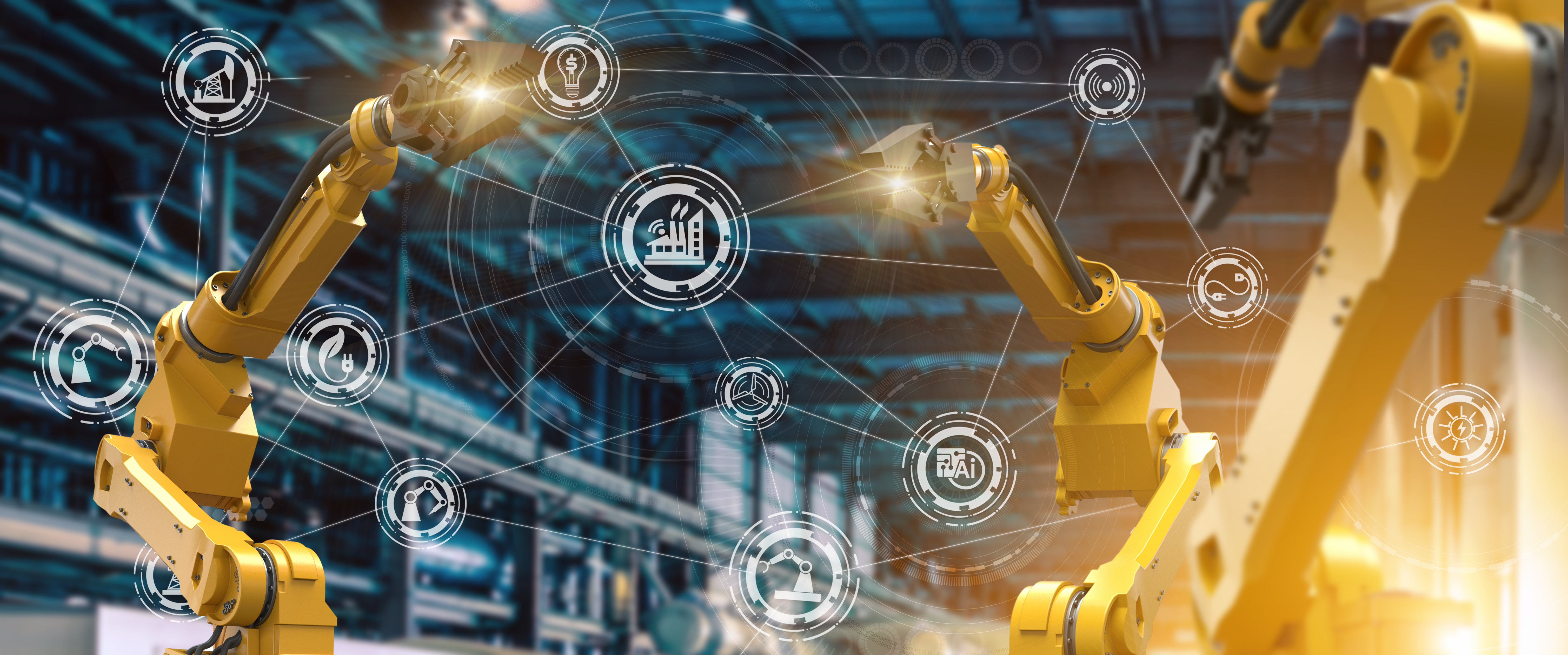
Attracting machine learning professionals.
The market is moving fast, and companies need to adapt to the speed of the market. We see a tendency for companies to continue business as usual, missing significant opportunities to adapt to new technologies and move with the market. To move forward, organisations must attract professionals, like machine learning engineers, capable of implementing new technologies. Companies that are succeeding in attracting new talent are moving fast. They are closing gaps and cutting down on processes.
What Amoria Bond does to help is adopt new practices to speed up the hiring process of highly skilled industry professionals. Our teams have outstanding industry knowledge and will work with you to find the best person to fulfil your next supply chain and logistics position. However, our job is not just to find and place talented advanced engineering professionals. We offer specialised recruitment services that encompass much more: From market and competitive analysis to optimising the entire recruitment process, we cover the entire cycle that a new hire requires. Ultimately, all these aspects contribute to reducing your recruitment time, lowering your recruitment costs and improving the overall quality of the process.
We’re proud of our reputation and track record for delivering quality, relevant professionals. Find out more about our recruitment and staffing services and how we can help you.
So don't hesitate, contact my team and me today to learn more about our specialised recruitment services.





